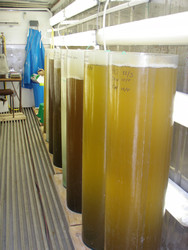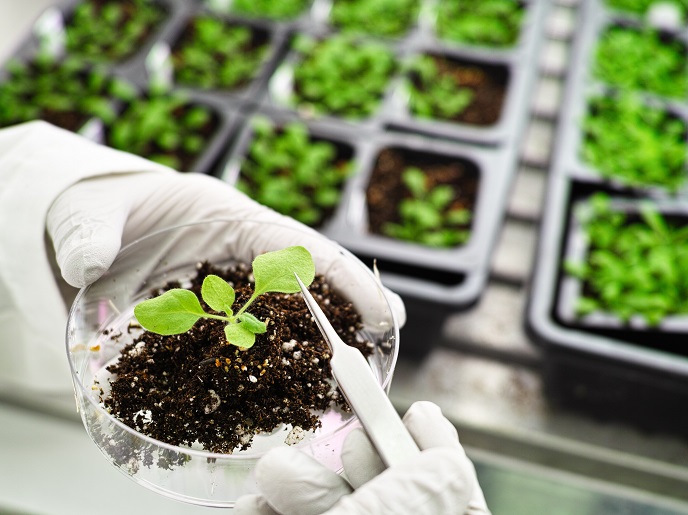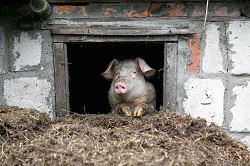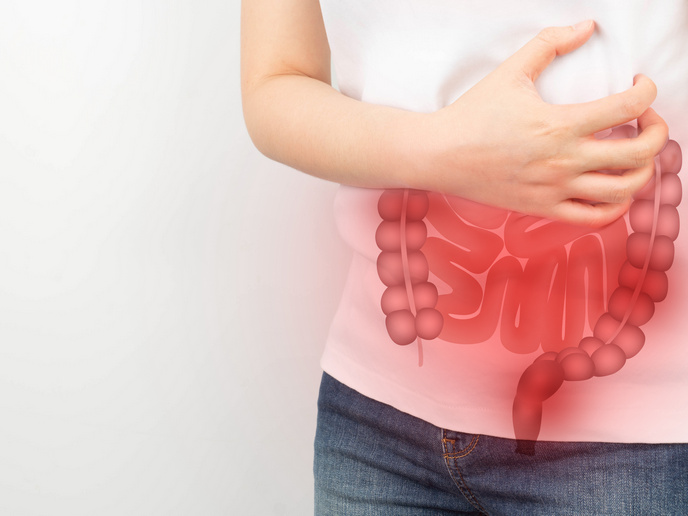Powered by algae
If predictions from small-scale experiments are accurate, algae may be the only feedstock that can produce enough biodiesel to meet current global petrol/diesel demand. Microalgae in particular have much higher growth rates than terrestrial crops, seven to 30 times better than the second best oil of palm. Scientists launched the EU-funded project 'Marine algae as biomass for biofuels' (MABFUEL)(opens in new window) to identify the most promising materials and processes with a focus on Turkey and Ireland. The team grew various microalgae in photobioreactors both in indoor and outdoor tanks and compared growth rate and oil content. Selection of species will require simultaneous optimisation of the two. Studies highlighted temperature fluctuation as the limiting factor in the outdoor tanks. They also underlined the need to minimise energy consumption associated with harvesting the algal cells. Researchers also studied various extraction methods. Overall, certain microalgae species were high in monounsaturated fatty acids, the most important component of biodiesel. An economic and environmental risk assessment was also conducted. Details can be found by contacting project partners. Outcomes support the value of continued research for exploitation of microalgae for biofuels and point the way to promising paths for future investigations.






